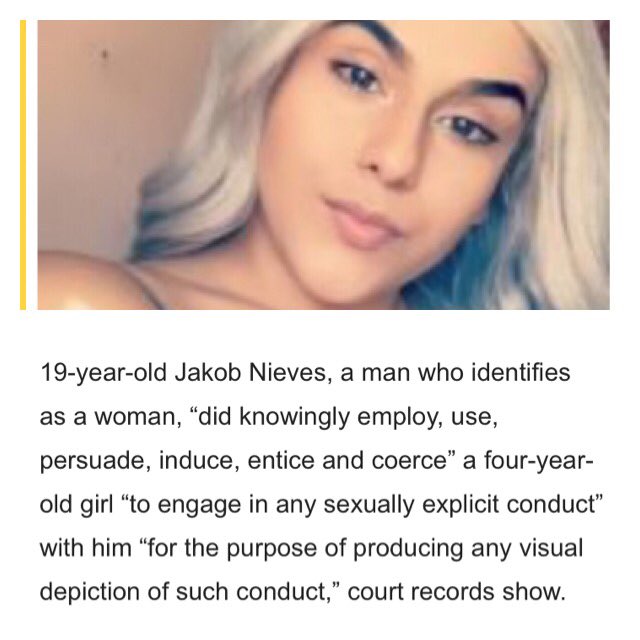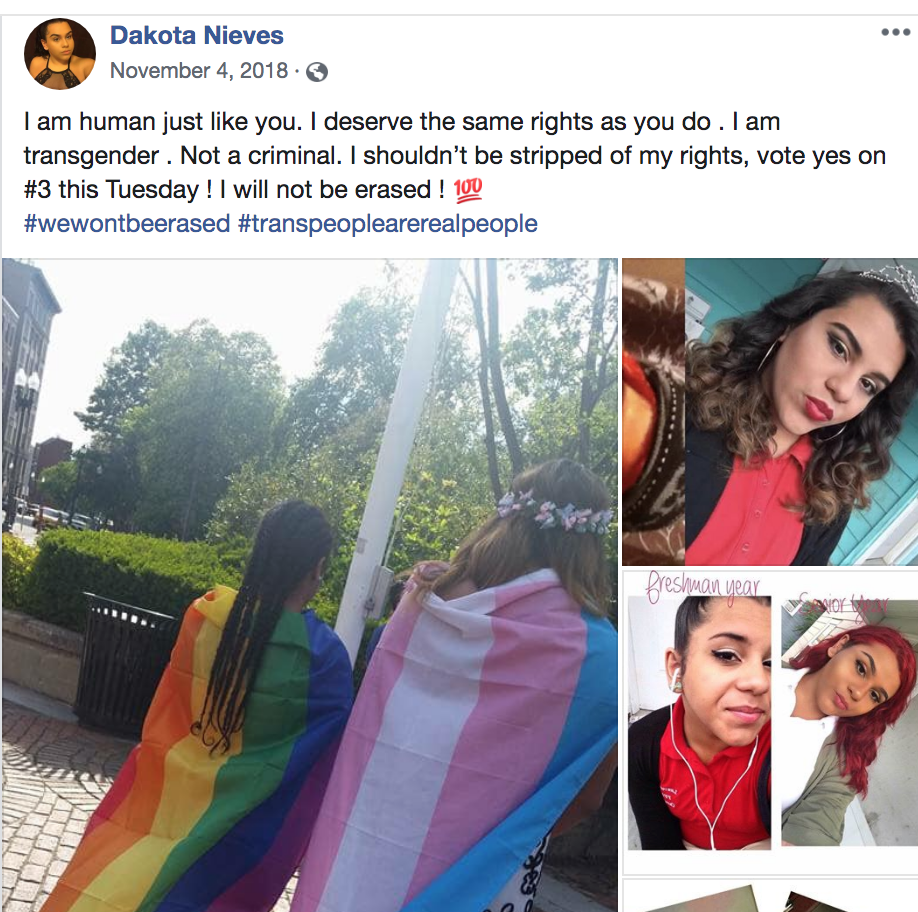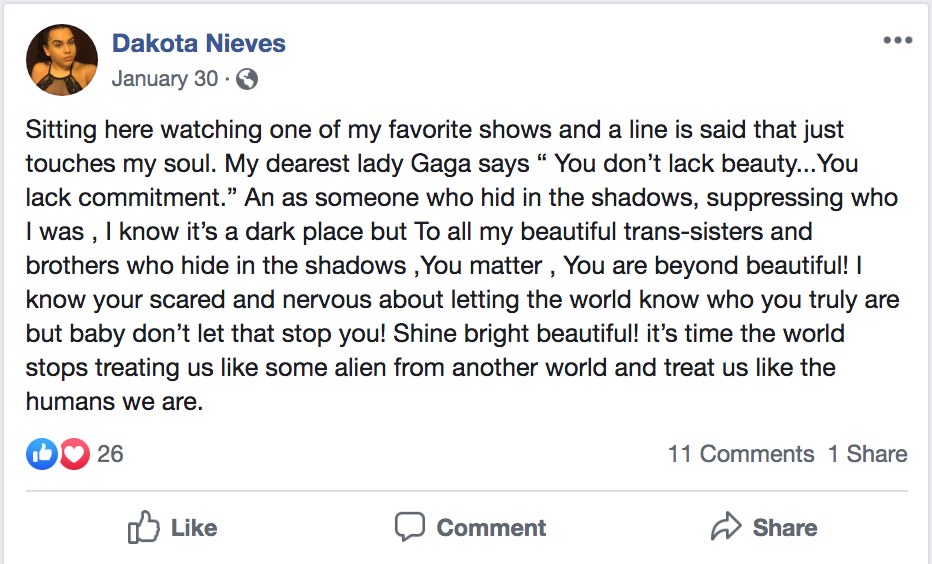SABAN ENTERTAINMENT
SABAN, HAIM
LOS ANGELES, CA 90067
SABAN CAPITAL GROUP LLC
SABAN, HAIM
BEVERLY HILLS, CA 90210
SABAN CAPITAL GROUP
SABAN, HAIM
LOS ANGELES, CA 90067
SABAN, HAIM
LOS ANGELES, CA 90067
01-31-2019 $2,800.00 Schiff, Adam (D)
SABAN CAPITAL GROUP
SABAN CAPITAL GROUP
10-24-2018 $2,700.00 Schultz, Debbie Wasserman (D)
Saban Entertainment
Saban Entertainment, Inc. (along with Saban International, which operated outside the US; current legal name is BVS Entertainment, Inc.) is a worldwide-served independent American-Israeli television production company formed in 1980 by music and television producers Haim Saban[1] and Shuki Levy as "Saban Productions".
News Corp. and Haim Saban Reach Agreement to Sell Fox Family Worldwide to Disney for $5.3 Billion
23 July 2001
LOS ANGELES - July 23, 2001 - News Corporation (NYSE: NWS, NWS/A; ASX: NCP, NCPDP) and Haim Saban, Chairman and Chief Executive Officer of Fox Family Worldwide Inc., announced today that they have reached a definitive agreement to sell Fox Family Worldwide to Walt Disney Co. (NYSE: DIS) in a cash transaction valued at approximately $5.3 billion, including the assumption of approximately $2.3 billion in debt. News Corp., through its majority-owned subsidiary Fox Entertainment Group (NYSE: FOX), and Haim Saban each own 49.5% of Fox Family Worldwide; Allen & Company Inc. owns the remaining 1%.
As part of the transaction, Disney will acquire the Fox Family Channel, a fully distributed cable channel reaching 81 million U.S. homes; Saban Entertainment Inc., a production, distribution and merchandising company with one of the world's largest libraries of children's programs at over 6,500 half hours; a 76% interest in Fox Kids Europe (Amsterdam Exchange: FKE), which has dedicated cable and satellite channels reaching 25 million subscribers in 54 countries and 15 languages; and Fox Kids Latin America, the second most widely distributed satellite/cable network in the region.
Excluded from the transaction is the Fox Kids Network, a leading children's broadcast television network in the U.S. News Corp. will separately acquire Haim Saban's interest in this asset. Terms were not disclosed.
Rupert Murdoch, Chairman and Chief Executive of News Corporation said: "Together with Haim, we have established Fox Family as one of the world's premier family entertainment groups. We've enjoyed a close and profitable relationship that has delivered quality programming to children and families around the world. Disney has purchased a first-class collection of assets and I wish them great success."
Saban said: "Working in a highly productive partnership with News Corp. and Fox Broadcasting over the last six years, we have realized our original goal of building Fox Family Worldwide into one of the world's leading fully integrated family and children's entertainment companies. The talented management team and employees of Fox Family have done a tremendous job in building this company into a powerful global franchise. I have the utmost confidence that going forward, Disney will build on this solid foundation to allow millions of viewers throughout the world to continue to enjoy quality family entertainment while enabling the employees of Fox Family to benefit from new opportunities as part of Disney."
https://web.archive.org/web/20160304001329/http://www.saban.com/html/press/010723.html
https://en.wikipedia.org/wiki/Saban_Entertainment
Saban started his career in 1966 as a bass player and manager with the rock band The Lions of Judah (Ha'arayot), which was named after the Lion of Judah in Jewish Scripture. In 1969, Dave Watts from the British band The Tornados joined The Lions. That year, the band traveled to England, performed in night clubs in London and was signed up by Polydor Records. In July 1969, the band appeared on the BBC TV programme Colour Me Pop. The Lions recorded a single, "Our Love's A Growing Thing", but it was not released in the UK due to financial difficulties. The band returned to Israel and Saban focused on being a music promoter.
In the early 1970s, Saban moved to France where he worked as a music producer. His clients included Noam Kaniel, Mike Brant and Shuki & Aviva. He also launched a record company with Shuki Levy.
In 1978 and 1982, Saban used the pseudonym Kussa for music/lyrics writing credits on four records for which he also served as producer using his real name. Since then, he has frequently used the name Kussa Mahchi for his composing credits on Saban Entertainment productions, including the Mighty Morphin Power Rangers: The Movie theme song.
In 2019, Saban announced that he had formed the Saban Music Group backed by $500 million of his own capital. The company will focus on global artists, particular Latin American, tapping new artists and acquiring existing businesses.
Saban has been a consistent donor to the United States Democratic Party according to his mandatory Federal Election Commission filings. Mother Jones, in an analysis of the major donors to the campaigns of 1998 election cycle, ranked Saban 155th among individual donors. Amy Paris noted that Saban's Clinton-era "generosity did not go unrewarded. During the Clinton administration, the entertainment executive served on the President's Export Council, advising the White House on trade issues." The New York Times reported that Haim and his wife "slept in the White House several times during President Clinton's two terms." Saban remains close friends with the former President. Clinton described Saban as a "very good friend and supporter." Saban contributed between $5 million to $10 million to the William J. Clinton Foundation.
During the 2000 presidential election, Saban increased his rank to 5th among individual donors with a combined contribution of $1,250,500. Matthew Yglesias wrote that "Saban was the largest overall contributor to the Democratic National Committee during the 2001–2002 cycle." Saban's donations during that 2001–2002 period exceeded $10 million, the largest donation the DNC has received from a single source up to that time.
In September 2004, Hillary Clinton described Saban as a very good friend, supporter and adviser: "I am grateful for his commitment to Israel, to a just and lasting peace in the Middle East and to my foundation's work, particularly on reconciliation issues. In May 2007, Haim publicly declared his support for Clinton in 2008 presidential election. In June 2007, Saban and Steven Spielberg co-hosted a Hillary Clinton fundraiser at the house of Peter Chernin, the President of News Corporation. According to the Los Angeles Times, the fundraiser brought in over $850,000.[citation needed]
In March 2008, Saban was among a group of major Jewish donors to sign a letter to Democratic Party house leader Nancy Pelosi advising her not to run in the Democratic presidential primaries. The donors were upset by Pelosi's statement that the party 'superdelegates' should heed the will of the majority in selecting a candidate." The donors, who were strong supporters of the DCCC, implied that Pelosi could lose their financial support in upcoming congressional elections.
In May 2008, it was reported that Haim Saban had offered $1 million to the Young Democrats of America and urged the endorsement of Hillary Clinton as the Democratic nominee for president."
Saban has also made donations to members of the Republican Party including a 2003 contribution to George W. Bush's 2004 re-election campaign.
Saban supported Hillary Clinton for President of the United States in the 2016 U.S. presidential election. Between June 2015 and June 2016, he and his wife donated US$7 million to Priorities USA, a pro-Clinton Super PAC. Meanwhile, Saban has called Republican candidate Donald Trump "a danger to America".
Saban has said that Keith Ellison, who ran for the leadership of the DNC, "is clearly an anti-Semite and anti-Israel individual." Saban also called Sen. Bernie Sanders (I-VT) "an anti-Israel person."
In 2006, Saban discussed his views on the Middle East and Persian Gulf region in an interview with Haaretz. Commenting on Iran, he said: "When I see Ahmadinejad, I see Hitler. They speak the same language. His motivation is also clear: the return of the Mahdi is a supreme goal. And for a religious person of deep self-persuasion, that supreme goal is worth the liquidation of five and a half million Jews. We cannot allow ourselves that. Nuclear weapons in the hands of a religious leadership that is convinced that the annihilation of Israel will bring about the emergence of a new Muslim caliphate? Israel cannot allow that. This is no game. It's truly an existential danger."If Obama strikes a "bad deal" with Iran that would put Israel at risk, "I would bomb the living daylights out of these sons of bitches," Saban said at a meeting of the Israeli American Council.
In 2005, Saban spent $100,000 to oppose California's 2005 Proposition 77 redistricting reform. Saban contributed $100,000 to pass California's 2008 redistricting reform, Proposition 11, which created a Citizens Redistricting Commission to redraw California's state political boundaries, but not U.S. Congressional districts. Saban contributed $2,000,000 to support Proposition 27, California's proposed 2010 repeal of Proposition 11, the 2008 redistricting reform – the same reform that Haim Saban previously supported with a $100,000 contribution. He joined list of other well-connected, big-money donors to the Democratic Party in supporting Proposition 27.
Saban Center for Middle East Policy
Saban with U.S. Secretary of State John Kerry and Martin Indyk, Washington, D.C., December 7, 2014
In 2002 Saban provided an initial grant of 13 million USD and a pledge of additional funds to create the Saban Center for Middle East Policy, a foreign policy think tank based in Washington, D.C.. The Saban Center is part of the larger Brookings Institution think tank. The Saban Center aims to provide policy makers in government with information and analysis regarding America's foreign policy in the Middle East. Saban recruited Martin Indyk to direct the center.
In 2007, Saban donated $14 million to complete the children's hospital at Soroka Medical Center.
Saban National Political Leadership Training Seminar
Saban sponsors the American-Israel Public Affairs Committee's Saban National Political Leadership Training Seminar, a series of semiannual seminars in Washington to provide college student activists for three days of intensive pro-Israel advocacy training. The seminars provide up to 300 students from a hundred campuses with training in order to "prepare for challenges and opportunities on their campuses and [the students] left Washington prepared to mobilize for legislative and electoral impact during the next school year and into campaign '08." Among the prominent figures to have addressed the seminars are Senator Evan Bayh and Congressman Mark Kirk and academics David Makovsky, Robert Satloff and Dennis Ross.
https://en.wikipedia.org/wiki/Haim_Saban
The Influencer
An entertainment mogul sets his sights on foreign policy.
By Connie BruckMay 3, 2010
He remains keenly interested in the world of business, but he is most proud of his role as political power broker. His greatest concern, he says, is to protect Israel, by strengthening the United States-Israel relationship. At a conference last fall in Israel, Saban described his formula. His “three ways to be influential in American politics,” he said, were: make donations to political parties, establish think tanks, and control media outlets. In 2002, he contributed seven million dollars toward the cost of a new building for the Democratic National Committee—one of the largest known donations ever made to an American political party. That year, he also founded the Saban Center for Middle East Policy at the Brookings Institution, in Washington, D.C. He considered buying The New Republic, but decided it wasn’t for him. He also tried to buy Time and Newsweek, but neither was available. He and his private-equity partners acquired Univision in 2007, and he has made repeated bids for the Los Angeles Times.
By far his most important relationship is with Bill and Hillary Clinton. In 2002, Saban donated five million dollars to Bill Clinton’s Presidential library, and he has given more than five million dollars to the Clinton Foundation. In February, Secretary of State Hillary Clinton delivered a major policy address at the U.S.-Islamic World Forum in Doha, co-sponsored by the Saban Center. And last November Bill Clinton was a featured speaker at the Saban Forum, an annual conference attended by many high-level Israeli and U.S. government officials, which was held in Jerusalem. Ynon Kreiz, an Israeli who was the chairman and chief executive of a Saban company and Saban’s closest associate for many years, attended the conference, and when I commented that his former boss appeared to be positively smitten with Bill Clinton, Kreiz replied, grinning broadly, “No! No! I remember once Haim was talking to me on the phone, and he said in Hebrew, without changing his tone so Clinton would have no idea he was speaking about him, ‘The President of the United States, wearing his boxers, is coming down the stairs, and I am going to have to stop talking and go have breakfast with him.’ ”
In the summer of 1996, not long after Shimon Peres lost the election for Prime Minister to Benjamin Netanyahu, Peres travelled to Los Angeles and visited Saban, a major supporter, at the tall Westwood office building where he leased ten floors. Giant letters that spelled out “S-A-B-A-N” ran along its roofline. Saban had gathered a small number of associates to meet with Peres, and he began by saying that when he was living in the slums of Tel Aviv he never could have imagined what had come to pass—and then he broke off, weeping. “He was crying like a little boy, and Shimon, seated next to him, just held his hand,” a member of the group recalled.
In addition to Kaniel, Saban represented Shuki Levy, an Israeli who was living in Paris and performing as a singer and as a musician. Levy loved to compose. “Haim said, ‘We’ll be co-composers,’ ” Levy told me. “ ‘You do the composing, I’ll do the deals.’ I figured, ‘Great. Brothers.’ That was the last business conversation we had for many years.” Levy added, “We were partners. We never had a written agreement. It was all verbal.”
“Haim said, ‘Let me make a phone call—maybe I can get something done here,’ ” Chernin told me. “He was extremely helpful in getting Clinton to help. Clinton called the President of Brazil.” Matt Krane recalled how Saban described to him what had happened: “Saban had called the Fox Family attorney in Brazil and asked, ‘How long will it take?’ It was months. He said he asked the lawyer, ‘Who is your finance minister?’ The attorney understood, and he said, ‘There is no political pull available in this process.’ Saban called Bill Clinton and asked, ‘Can you help me?’ ” Soon afterward, the approval came through.
On October 24, 2001, the Disney-Fox Family deal closed. About a month later, Krane says, Saban gave him the task of devising a tax strategy for a donation of ten million dollars to the D.N.C., toward the construction of its new headquarters. “Of course, you can’t get a deduction for a political contribution,” Krane said. “Our mission was to structure it so he could get a tax benefit. So I got heavily involved, and worked a lot with D.N.C. lawyers to do it.” Via e-mail, Krane and the lawyers discussed possible real-estate strategies. “It started to become clear that any plan was too difficult to implement,” Krane told me. In January, 2002, the resolution was that Saban reduced his donation from ten million to seven million.
https://www.newyorker.com/magazine/2010/05/10/the-influencer
Saban partner Levy..............
https://en.wikipedia.org/wiki/Shuki_Levy






